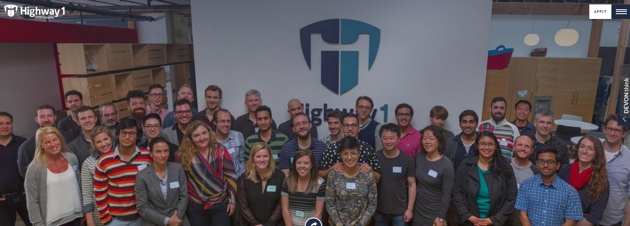
Following this earlier post about the significance of the Maker Movement, and before an upcoming report on an unusual and significant maker/startup space in Louisville, I want to mention a very interesting WSJ interview by Matthew Kessel with my friend Liam Casey. It was Liam whom I presented, only half jokingly, as “Mr. China” when describing his role as connector of world commerce to Chinese manufacturing, back in 2007. More recently, I mentioned his shift of some manufacturing activity back from China to the San Francisco area, here.
Some samples of Liam’s comments now, which bear on the U.S. manufacturing revival (and challenges thereto):
WSJ: If “geography is history,” do you think it’s possible—or even desirable—to reproduce these international supply chains in, say, the U.S.?
MR. CASEY: … I don’t care if I’m producing a product in California, Texas, North Carolina, Shenzhen or somewhere in Europe, once I’ve got access to raw materials for producing the product, a skilled workforce to make the product, and a global logistics platform to be able to move the product from the source directly to a consumer anywhere in the world.
Where it’s made doesn’t really matter, when you look at the margin breakdown—you mostly win and lose in the selling, not in the making.
And
MR. CASEY: We’re working on a very high-profile product in San Francisco. We’re doing all the engineering and development, and we are trying very hard to assemble it in North America.
Because of the crowdfunding campaign, we have the data—we know that there’s an appetite for the product—and the raw material is coming from the region, so we can actually build the product there.
Two years ago, we wouldn't have considered making it in the U.S. But because we have all the data from the crowdfunding—we have good information that can help the factory plan and schedule the orders over a period of time—we’re actually excited about this project. We think we can build it in the U.S.
I always found Liam to be a few months ahead of what “everyone knows” about global business. Think of what he’s saying when you hear the next speech about “we don’t / can’t build things” in the U.S. anymore.
Don’t? Only true in some cases. Can’t? Not true at all.